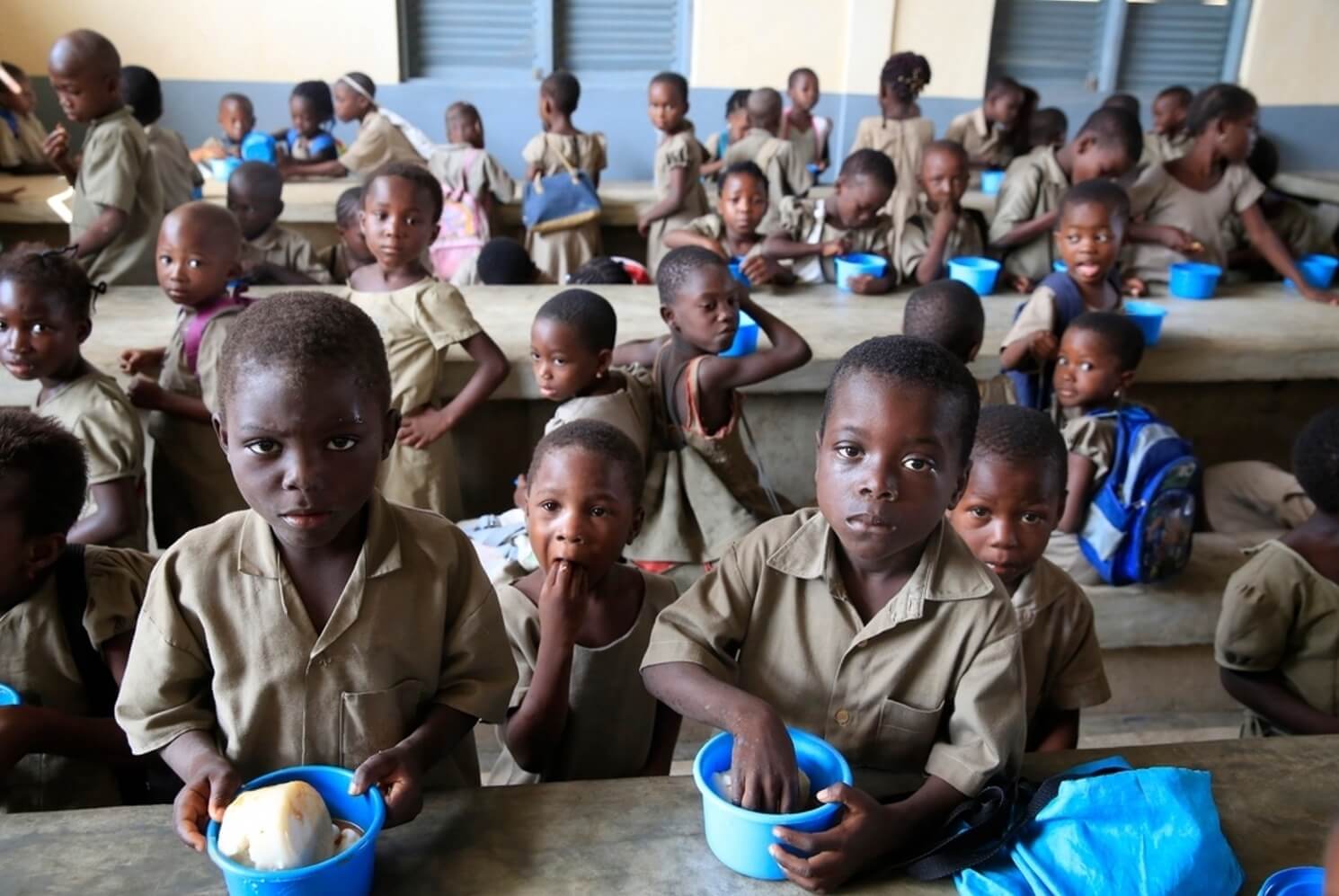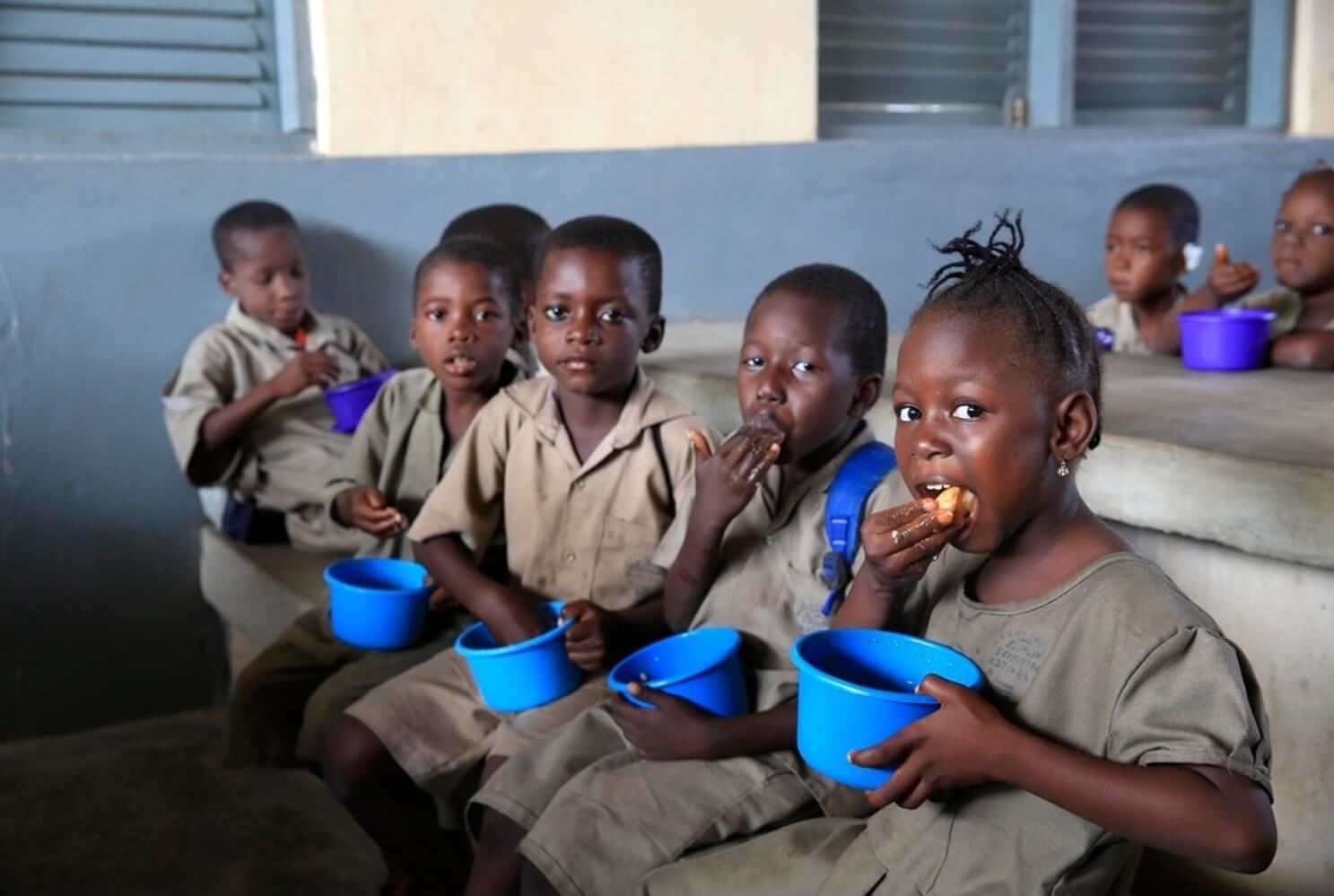
The meals provided by PHS were nutritious and varied, consisting of local foods such as corn, rice, beans, and vegetables. The meals were prepared and served by trained cooks, who were also provided with hygiene and safety training by PHS. This helped to ensure that the food provided was safe and healthy for the children.
In addition to providing meals, PHS also worked to raise awareness about the importance of good nutrition and healthy eating habits among the students and their families. PHS organized nutrition education sessions for students, teachers, and parents, which included information on the importance of a balanced diet, healthy food choices, and food safety.
The project had a significant impact on the communities it served. The provision of daily meals helped to improve the health and well-being of the students, many of whom were suffering from malnutrition prior to the project. The meals also helped to increase attendance and participation in school, as children were more likely to attend and stay in school when they were receiving daily meals.
Moreover, the project provided economic benefits to the local community, as the meals were sourced from local farmers and prepared by local cooks. This helped to support the local economy and create jobs in the community.
To ensure the sustainability of the project, PHS worked closely with school administrators, teachers, and parents to establish a community-led management system. This involved training community members on meal preparation and hygiene, as well as establishing community gardens to grow some of the food used in the meals.
The project had a significant impact on the students and their families. By providing daily meals, PHS helped to address malnutrition and improve the overall health of the students. This, in turn, helped to improve their attendance and academic performance.
Moreover, the project also had a positive impact on the local community by supporting the local economy and creating job opportunities for local farmers and cooks. This helped to enhance the livelihoods of community members and boost the local economy, as the project sourced its ingredients from local farmers and provided employment opportunities for local cooks. The meals provided by PHS not only addressed the issue of malnutrition but also helped to boost the income of local farmers and cooks.
To ensure the sustainability of the project, PHS worked closely with school administrators, teachers, and parents to establish a community-led management system. This involved training community members on meal preparation and hygiene, as well as establishing community gardens to grow some of the food used in the meals. By working with the community and promoting community ownership, PHS helped to ensure the long-term sustainability of the project.
The success of the "Repas Pour Enfant" project led to its expansion to additional schools in the country, and PHS continues to work with local partners to provide nutritious meals to underserved communities in Togo.
The project has had a significant impact on the communities it serves, improving the health and well-being of students and promoting educational outcomes. By working closely with community members and promoting community-led solutions, PHS is helping to address some of the most pressing challenges facing vulnerable populations in Togo.

